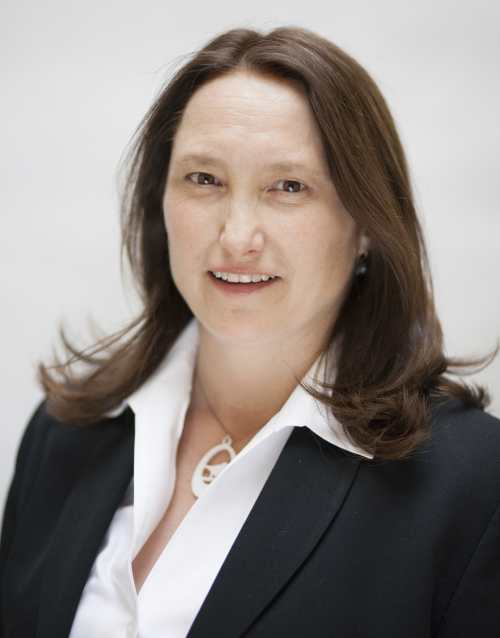Chicago Review Press: Still Taking Chances

They’re an American indie, Chicago born, and well-established after forty-plus years. But while an extensive, diverse list may make Chicago Review Press more stable in these unpredictable times, stability does not mean a loss of a certain indie spirit we like to celebrate at Foreword Reviews. Publisher Cynthia Sherry has been with the company since 1989, so I decided to ask her how CRP keeps its edge, and what keeps her awake at night.
Chicago Review Press is an indie, but a long-established one that covers many genres. What makes a Chicago Review Press book, and how do you retain an indie spirit?

Cynthia Sherry: 'We keep our indie spirit alive by taking chances on unusual stories.'
A title that fits on the Chicago Review Press list is smart and a little quirky. No matter the genre, we look for books written for passionate audiences that have something new to say or uncover some important person or event in history that is not as well known as it should be. For example, The Leper Spy by Ben Montgomery on our fall list tells the story of an unlikely hero of WWII, a Filipina woman named Josefina Guerreo with Hansen’s disease who helped the allies win the war by reporting on troop movements, stashing explosives, and smuggling maps to Gen. MacArthur during the Battle of Manila. She could move freely over enemy lines because the Japanese guards were afraid to search her because of her leprosy. This is a marvelous story that is typical of the types of books we love to publish.
We don’t follow trends but we pay attention to the culture and focus on books that will sell well year after year. We keep our indie spirit alive by taking chances on unusual stories, edgy topics, and first time authors that the bigger publishing houses might have taken a pass on.
How does the Independent Publishers Group fit in with Chicago Review Press’s overall mission and business model? It seems like a vast undertaking to distribute books for so many companies.
We have the best of both worlds being one and the same company with our distributor IPG. It has always been a symbiotic relationship. IPG is a great distributor because it started out as a publisher helping other independent publishers and now it’s one of the largest book distributors in the United States with about 200 employees. The advantage is that Chicago Review Press operates independently, we get to be a boutique publishing house with world class distribution and serious sales and marketing muscle.
Strategically, diversity and a focus on growth within our business model has always been our strength. In publishing today you need to be growing and expanding or you will fall behind and publishers can benefit from a distributor like IPG that’s driving change and efficiency so they can continue to focus on content and their own marketing efforts.
According to your online bio, you personally acquire many titles, but seem to enjoy kids’ series. What elements make a good children’s book?
The best children’s books don’t talk down down to kids and they don’t oversimplify subjects. They put subjects in the context of their times and they don’t shy away from controversy or nuance. Kids are naturally curious and interested in a lot of different subjects, including those deemed more sophisticated. I’m really proud to have created the For Kids series under that premise, starting with Frank Lloyd Wright for Kids and Leonardo da Vinci for Kids and the latest book I acquired in that series was Gay and Lesbian History for Kids by Jerome Pohlen which I am very proud of and the reception has been terrific.
Chicago Review Press has been around for over forty years, a period that has seen many changes in the way people buy and read books. How are you preparing for the next forty years?
It’s true that people are reading differently these days, much more on their smart phones and computers, and the market for books is more fragmented. The good news is that I think people are reading more in general but there is also more competition from the increasing number of books published each year due to the surge in self-publishing, and expansion of TV and the Internet as a source news and entertainment.
As a publisher we need to find ways to build more community around our books and authors and connect directly with readers as best we can. We need to be where the readers are and offer more online content as an avenue to our books. Some of the larger publishers have done a good job creating community around their authors and books that I want to learn from. And as publishers we need to encourage readers to seek out bookstores and libraries as places of discovery.
What keeps you up at night?
I’m worried about the continued dominance of Amazon in our industry and how smaller mission driven publishers will be able to compete in this tough publishing environment. Luckily, Chicago Review Press has the size and the flexibility to weather the storm, but we will continue to look for ways to grow and adapt.

Howard Lovy is executive editor at Foreword Reviews. You can follow him on Twitter @Howard_Lovy
Howard Lovy
